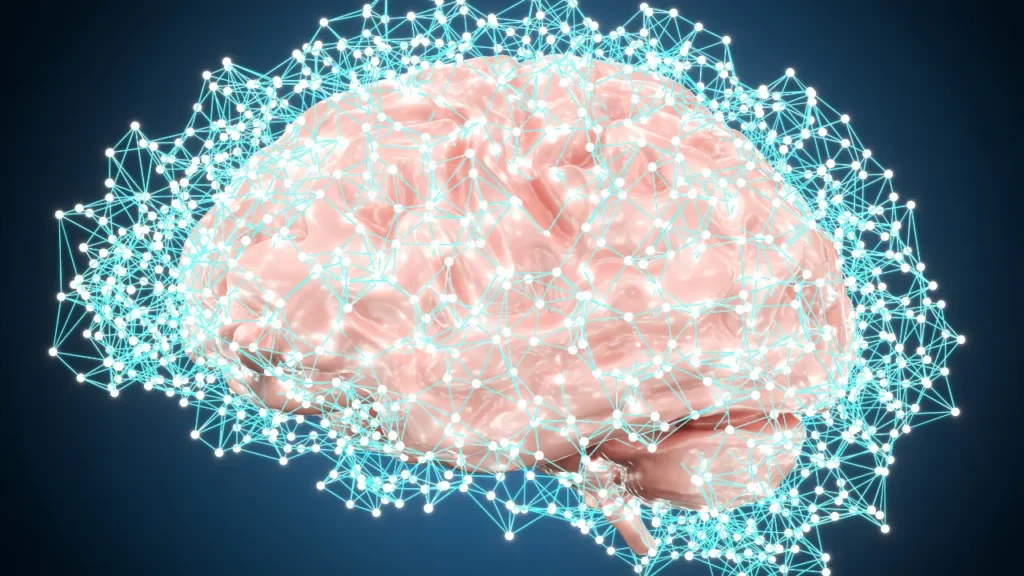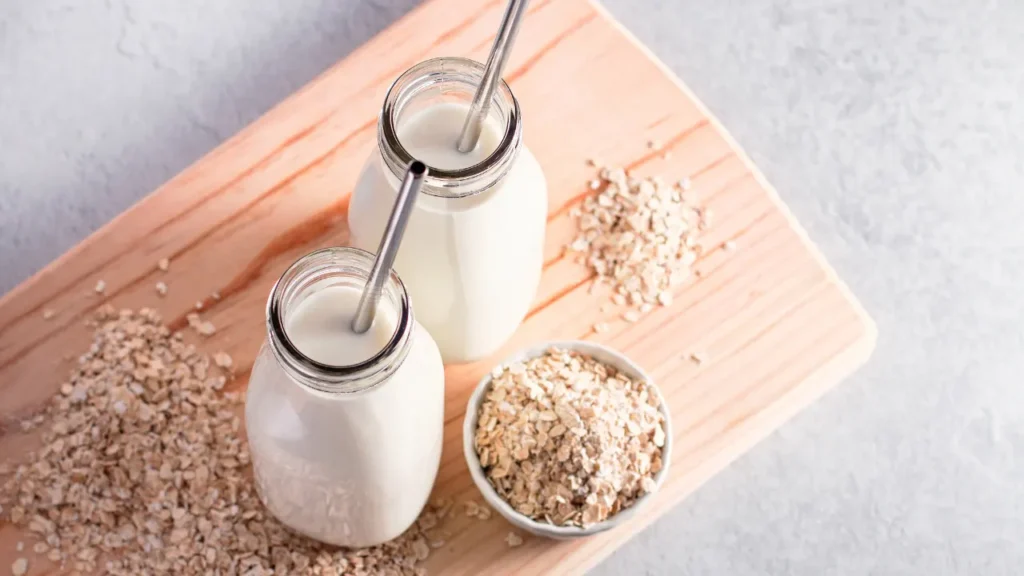Oat straw has grown in popularity among those looking to improve their cognitive performance. The unripe green oat plant is the source of oat straw, also known as Avena sativa, which has been utilized for millennia for its therapeutic benefits. The dietary supplement is thought to enhance mental performance, increase energy, lessen anxiety and despair, and promote general well-being. In this post, we’ll go over the nature of oat straw, its health advantages, the ideal dosage, any possible negative effects and drug interactions, as well as the best ethical ways to take this nootropic supplement.
You May Also Like:
The Best Supplements for Memory and Brain Fog: 5 Top Brands Reviewed
Finding the Best Supplements for Brain Fog After COVID: 5 Top Brands Reviewed
Oat Straw: Benefits, Dosage, Side Effects, Drug Interactions, and Other Important Information is an original (NootropicsPlanet) article.
Nature of Oat Straw
The Avena sativa plant is the source of oat straw. The plant’s dried, unripe green components, such as the stems, leaves, and seeds, are used to make the dietary supplement. Alkaloids, flavonoids, saponins, and phenolic acids are a few of the many substances found in oat straw. Avenanthramides, which are only present in oats and have strong anti-inflammatory and antioxidant capabilities, are one of the most significant components in oat straw.
Health Benefits of Oat Straw
Oat straw has long been used as a remedy for a number of ailments, such as nervous weariness, insomnia, depression, and anxiety. Oat straw may have a variety of possible health advantages, including higher cognitive function, more energy, decreased anxiety and sadness, and improved general well-being, according to a more recent study.
Cognitive Process
Oat straw’s capacity to enhance cognitive function is one of its most well-known advantages. Oat straw can enhance focus, memory, and attention, according to studies. In a study on healthy people, those who took a single dose of oat straw extract fared significantly better than those who got a placebo in terms of attention, response time, and spatial memory.
Energy Levels
Oat straw has also been proven to boost energy levels, presumably as a result of its capacity to enhance cerebral blood flow and oxygenation. Participants who ingested oat straw extract in a study reported feeling more alert and energized than those who received a placebo.
Lessen anxiety and depression
Traditional uses of oat straw as a non-prescription treatment for anxiety and depression exist. Oat straw has been demonstrated in studies to lessen anxiety and raise mood. Participants with mild to moderate anxiety who took oat straw extract in a trial reported considerably decreased levels of anxiety compared to those who received a placebo.
Overall, oat straw has also been demonstrated to have a number of additional possible health advantages, including lowering inflammation, enhancing sleep, and enhancing the immune system.

Chemistry of Oat Straw
The active ingredients in oat straw include alkaloids, flavonoids, saponins, and phenolic acids. There is also a particular class of phenolic acid known as Avenanthramides which are exclusive to oats. Strong anti-inflammatory and antioxidant effects found in avenanthramides are thought to be a factor in the supplement’s health advantages.
Physiological Mechanisms of Action of Oat Straw
There is still much to learn about the precise methods through which oat straw affects the body and brain. However, a number of studies have revealed that oat straw may enhance neurotransmitter activity, reduce inflammation, and increase blood flow and oxygenation to the brain, which may enhance cognitive function and mood.
Flow of Blood and Oxygen
By improving blood flow and oxygenation to the brain, oat straw may enhance cognitive performance and energy levels. When compared to those who got a placebo in a trial on healthy volunteers, those who took oat straw extract had enhanced blood flow to the brain.
Neurotransmitter Activity
Additionally, oat straw may increase neurotransmitter activity, especially in the prefrontal cortex of the brain, which is in charge of executive function and working memory. In a study on healthy people, those who took oat straw extract displayed higher prefrontal brain activity than those who received a placebo.
Anti-inflammatory
Numerous disorders, including cognitive impairment, sadness, and anxiety, have been related to inflammation. Animal studies have demonstrated that the distinct chemicals in oat straw, avenanthramides, decrease oxidative stress and inflammation.
Overall, current research suggests that the supplement may enhance cognitive function, increase energy levels, lessen anxiety and depression, and promote general well-being through a variety of physiological mechanisms, though the precise mechanisms by which oat straw exerts its effects on the body and brain are not fully understood.

Optimal Dosage of Oat Straw
Oat Straw is not a supplement that the FDA has approved, hence there is no recognized ideal dosage yet. However, the majority of supplements suggest taking 600–1600 mg daily. Before consuming oat straw supplements, people are advised to speak with a doctor, especially if they are taking any other medications or have any underlying medical issues.
Side Effects of Oat Straw
When consumed in accordance with authorized dosages, oat straw is usually regarded as safe. Like any supplement, though, it might have negative effects for some people. It can cause headaches, nausea, and lightheadedness. In the event of any serious adverse effects, it is crucial to stop using the medication and get medical help.

Potential Substance Interactions with Oat Straw
Some drugs, such as blood thinners and diabetes medications, may interact with oat straw. Before consuming oat straw, people who are taking these medications should speak with a healthcare professional. Oat straw may also interact with other medications and medicines, including St. John’s wort, valerian root, and kava, which raises the possibility of negative side effects.
Best Responsible Use of Oat Straw
Oat straw can be a secure and useful supplement if you are looking to improve your general health and cognitive function. However, it’s crucial to use the supplement properly and in accordance with dosing instructions. Before consuming oat straw, people should also speak to a doctor, especially if they are taking any other medications or have any underlying medical issues.
Oat Straw:
Conclusion
In conclusion, you should know that oat straw is a formidable nootropic that can be used to improve your mental performance. As a recap, oat straw is sourced from Avena sativa plant and it is made from the plant’s dried and unripe green components. The consumption of oat straw supplements has been linked with increased energy levels due to increased cerebral blood flow and oxygenation.
Besides, it also has an anti-depressive ability that can be used to raise your mood. These health benefits of oat straw have been proved in studies. However, there is still much to learn about the exact mode of oat straw in achieving these results. There is currently no set dosage for the consumption of oat straw supplements. Thus, it is pivotal for you to check with your doctor if taking oat straw supplements is suitable for you.

References:
- Singh, R., De, S., & Belkheir, A. K. (2013). Avena sativa(Oat), A Potential Neutraceutical and Therapeutic Agent: An Overview. Retrieved from: Critical Reviews in Food Science and Nutrition, 53(2), 126–144.
- Kennedy, D. O., Bonnländer, B., Lang, S. C., Pischel, I., Forster, J., Khan, J., Jackson, P. A., & Wightman, E. L. (2020). Acute and Chronic Effects of Green Oat (Avena sativa) Extract on Cognitive Function and Mood during a Laboratory Stressor in Healthy Adults. Retrieved from: A Randomised, Double-Blind, Placebo-Controlled Study in Healthy Humans. Nutrients, 12(6), 1598.
- Jibril, A. T., Arero, A. G., Kankam, S. B., & Fuseini, M. (2023). Effect of Avena sativa (Oats) on cognitive function: A systematic review of randomized controlled trials. Retrieved from: Clinical Nutrition ESPEN, 53, 144–150.
Important Note: The information contained in this article is for general informational purposes only, and should not be construed as health or medical advice, nor is it intended to diagnose, prevent, treat, or cure any disease or health condition. Before embarking on any diet, fitness regimen, or program of nutritional supplementation, it is advisable to consult your healthcare professional in order to determine its safety and probable efficacy in terms of your individual state of health.
Regarding Nutritional Supplements Or Other Non-Prescription Health Products: If any nutritional supplements or other non-prescription health products are mentioned in the foregoing article, any claims or statements made about them have not been evaluated by the U.S. Food and Drug Administration, and such nutritional supplements or other health products are not intended to diagnose, treat, cure, or prevent any disease.


